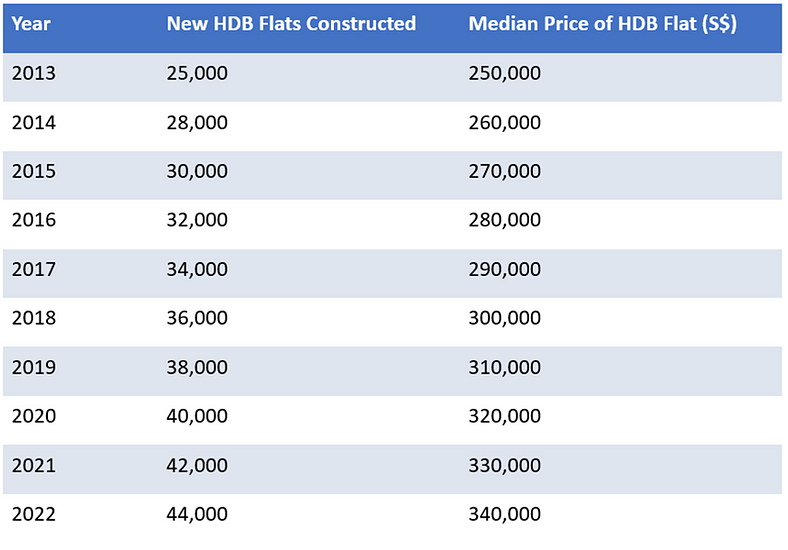
Introduction
Singtel, a leading telecommunications company in Singapore, has made significant strides in 2023, with developments spanning its strategic consolidation, workforce development, and service expansion. This comprehensive analysis aims to dive deep into Singtel’s 2023 operations and its potential implications for investors.
Strategic Consolidation
In 2023, Singtel underwent a necessary consolidation move through its integration with Indihome, a move expected to finalize by Q3–2023. The spin-off resulted in the issuance of new shares at Telkomsel, reducing Singtel’s ownership from 35% to 29.6%, while Telkom’s stake increased from 65% to 70.4%. This strategic move signifies Singtel’s focus on bolstering its market presence through partnerships and consolidation.
Workforce Development
Singtel’s dedication to workforce development is evident in its partnership with the Singapore Institute of Technology, embarking on a Work-Study Programme (WSP) known as “The Catalyst Programme”. Launched in February 2023, this initiative allows Polytechnic Diploma holders to secure a full-time position with Singtel while pursuing a university honours degree. Such workforce development initiatives highlight Singtel’s commitment to nurturing talent, an essential factor for potential investors who value a company’s human resource investment.

Service Expansion
In 2023, Singtel expanded its services by making all Mediacorp’s channels, including Channel 5, Channel 8, Channel U, Suria, Vasantham, and CNA, available to all Singtel customers and StarHub’s TV+ customers using set-top boxes. This expansion in service offerings signifies Singtel’s commitment to enhancing customer experience and diversifying its product portfolio, a strategic move that could appeal to investors.
Financial Performance
Despite these significant developments, Singtel’s share price experienced a minor dip in May 2023, falling by 0.39 per cent. However, it’s essential to consider this in the broader context of Singtel’s strategic initiatives and potential for future growth.

Conclusion
Singtel’s strategic consolidation, workforce development, and service expansion initiatives in 2023 demonstrate its commitment to strengthening its market position and operational efficiency. While the company’s share price experienced a minor dip, the strategic developments suggest promising potential for future growth, which should be factored into an investor’s decision-making process.
Reference
“Singtel to integrate Indonesian telco IndiHome into associate Telkomsel” 6 Apr 2023, Straitstimes, https://www.straitstimes.com/business/singtel-to-integrate-indonesian-telco-indihome-into-associate-telkomsel-via-conditional-spin-off
“Singtel and StarHub TV+ customers can now watch Mediacorp channels on their respective streaming services”, 10 May 2023, CNA, https://cnalifestyle.channelnewsasia.com/entertainment/starhub-singtel-mediacorp-fta-356881
“STI May Continue Losing Streak”, 10 May 2023, Business Today, https://www.businesstoday.com.my/2023/05/10/sti-may-continue-losing-streak/
“Job Description of Software Engineer at Singtel on Nodeflair”, 10 May 2023, https://nodeflair.com/jobs/singtel-senior-associate-engineer-catalystwsp-150782



